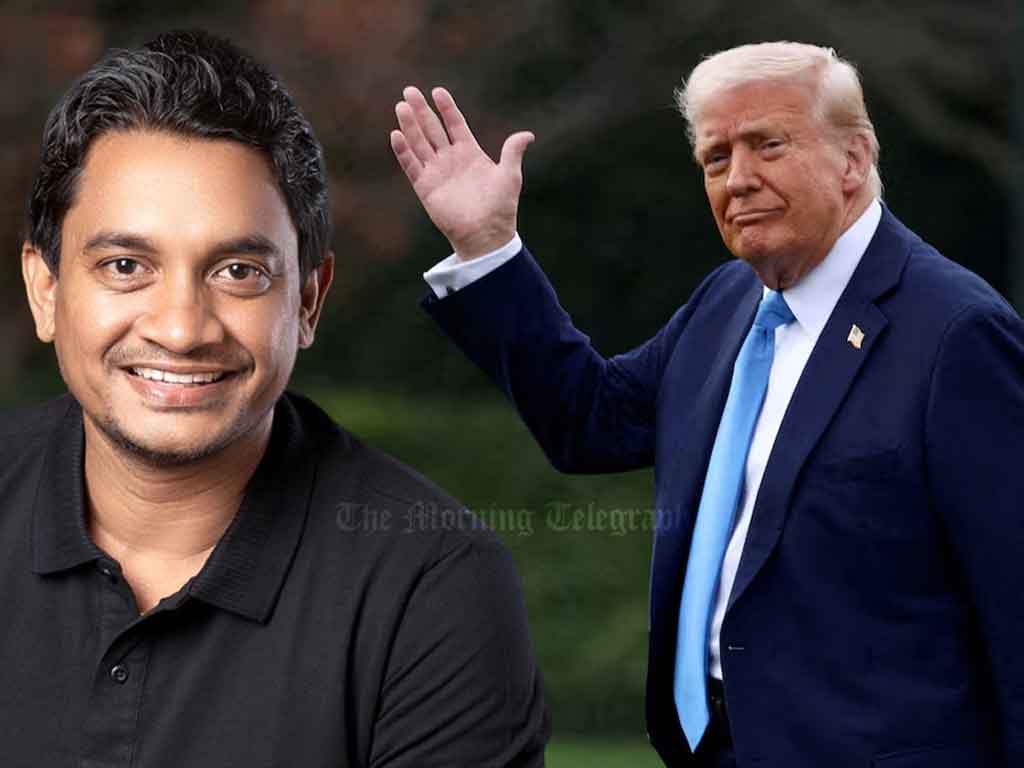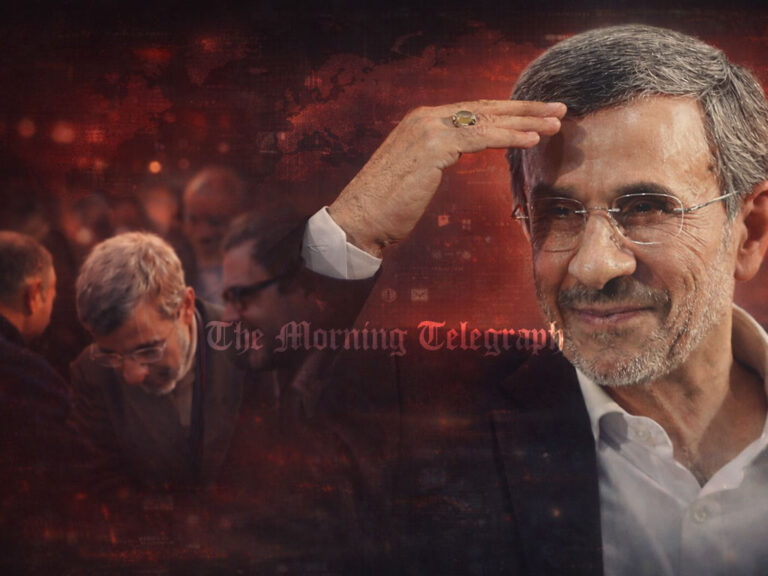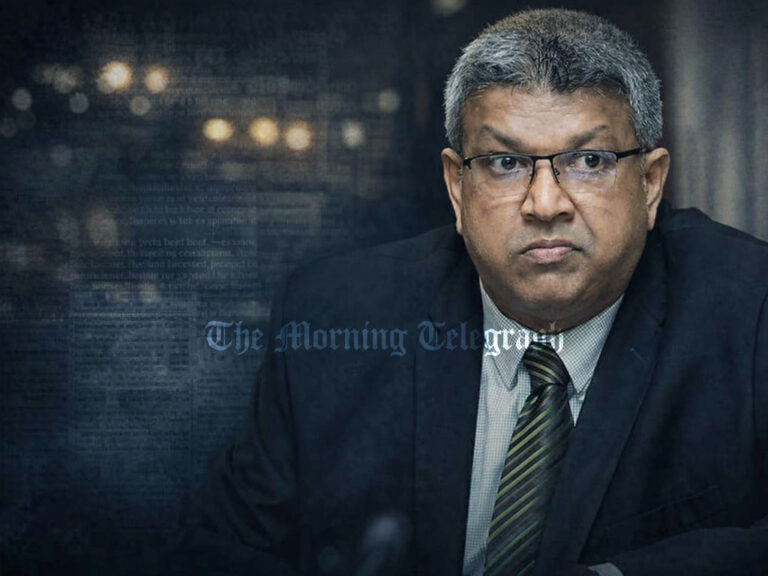
Colombo, Sri Lanka – Deputy Minister of Industry Chaturanga Abhayasinghe has weighed in on the 44% tariff imposed by the United States on Sri Lankan exports, calling it a unilateral move that reveals a deeper shift in global economic strategies. In a post shared on his official social media page, the minister described the moment he learned about the tariff as a rude awakening:
“When I woke up in the morning, I learned through the news that the U.S. had imposed a 44% tariff. It’s a serious problem.”
Abhayasinghe acknowledged that while the new U.S. tariff is explained as a reciprocal tariff—calculated as half of the trade deficit percentage—it doesn’t consider the full scope of the economic relationship between the two nations. He noted that this method oversimplifies the factors contributing to trade imbalances, such as structural economic differences and non-tariff barriers.
“At first glance, it may seem fair—if a country imposes high tariffs on U.S. goods, then the U.S. responds with a tariff half that value. But this policy is based on a single assumption: that trade imbalances are caused primarily by tariffs and non-tariff restrictions. That’s a flawed premise,” he explained.
According to the U.S. calculation, Sri Lanka exported approximately $3 billion worth of goods to the U.S. in 2024 while importing just $368 million, resulting in a $2.6 billion trade gap. This imbalance is 88% of Sri Lanka’s export total, and half of that figure—44%—has now been imposed as a tariff on Sri Lankan goods.
Abhayasinghe argued that this tax was not the outcome of any bilateral negotiation, but rather a strategic move by the U.S. administration to trigger discussions with trading partners, particularly those with large trade surpluses against the United States.
“This isn’t a political attack. It’s a signal. We should see this as the opening move in a negotiation,” he said. “It’s time we respond as a country, not as factions.”
He also took a subtle jab at free-market economists who previously pushed for Sri Lanka to embrace fully liberalized trade policies, suggesting that the same economic playbook is now being used by the United States to protect its domestic industries.
“The economists who once advised us to open our markets completely are now challenged to explain why America is doing the opposite to defend its own economy,” he said.
Abhayasinghe reassured the public that the Sri Lankan government has been aware of this issue for the past month and that multiple ministries—including Foreign Affairs, Trade, Industry, and Finance—have been working closely with the U.S. Ambassador to Sri Lanka to explore avenues for diplomatic engagement.
The Deputy Minister emphasized the need for strategic calm rather than reactive outrage, framing the U.S. move as part of a broader geopolitical trade maneuver rather than a targeted economic punishment.
“This is not just about tax percentages. It’s about trade strategy in a changing world. And we need to engage with that world strategically.”




